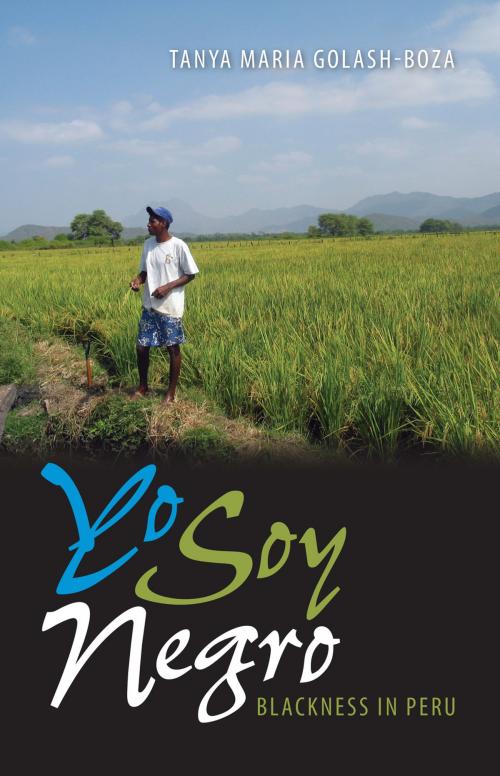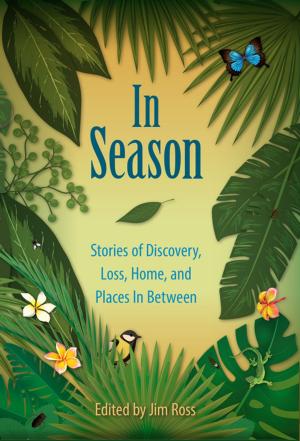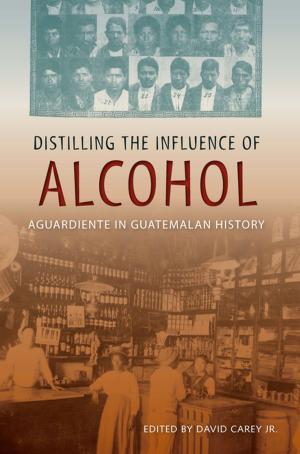| Author: | Tanya Maria Golash-Boza | ISBN: | 9780813059129 |
| Publisher: | University Press of Florida | Publication: | April 1, 2011 |
| Imprint: | University Press of Florida | Language: | English |
| Author: | Tanya Maria Golash-Boza |
| ISBN: | 9780813059129 |
| Publisher: | University Press of Florida |
| Publication: | April 1, 2011 |
| Imprint: | University Press of Florida |
| Language: | English |
Yo Soy Negro is the first book in English--in fact, the first book in any language in more than two decades--to address what it means to be black in Peru. Based on extensive ethnographic work in the country and informed by more than eighty interviews with Peruvians of African descent, this groundbreaking study explains how ideas of race, color, and mestizaje in Peru differ greatly from those held in other Latin American nations.
The conclusion that Tanya Maria Golash-Boza draws from her rigorous inquiry is that Peruvians of African descent give meaning to blackness without always referencing Africa, slavery, or black cultural forms. This represents a significant counterpoint to diaspora scholarship that points to the importance of slavery in defining blackness in Latin America as well as studies that place cultural and class differences at the center of racial discourses in the region.
Yo Soy Negro is the first book in English--in fact, the first book in any language in more than two decades--to address what it means to be black in Peru. Based on extensive ethnographic work in the country and informed by more than eighty interviews with Peruvians of African descent, this groundbreaking study explains how ideas of race, color, and mestizaje in Peru differ greatly from those held in other Latin American nations.
The conclusion that Tanya Maria Golash-Boza draws from her rigorous inquiry is that Peruvians of African descent give meaning to blackness without always referencing Africa, slavery, or black cultural forms. This represents a significant counterpoint to diaspora scholarship that points to the importance of slavery in defining blackness in Latin America as well as studies that place cultural and class differences at the center of racial discourses in the region.















